Together, we can improve the lives of people living with kidney cancer
Together, we can improve the lives of people living with kidney cancer
Together for Kidney Cancer is a global disease awareness initiative funded by Ipsen aiming to raise awareness of the reality of people’s experiences living with kidney cancer and the importance of shared decision making to inform better care outcomes.
Different people have different preferences and priorities when it comes to making decisions about their treatment and how it might impact their lives. Shared decision making helps people living with kidney cancer work with their healthcare providers to find a treatment plan that meets with their individual needs and preferences.
To address the need for greater uptake of shared decision making in practice, the Together for Kidney Cancer Action Plan was co-created with a select group of healthcare professionals, patient advocates, patients and carers within the kidney cancer community from around the world. It includes tangible actions that can be taken forward by members of the community, to support widespread adoption of shared decision making for the benefit of patients and healthcare systems.
From resources that help equip those living with kidney cancer to build confidence and participate in shared decision making, to training and healthcare infrastructure initiatives, there is something that everyone can do to pave the way for shared decision making for all those who want it.
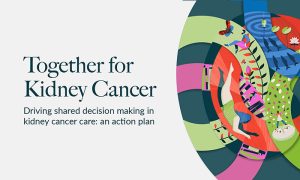
Find out what actions you can take to support shared decision making in kidney cancer
Download the Action PlanHow useful was this post?
Click on a star to rate it!
Average rating 0 / 5. Vote count: 0
No votes so far! Be the first to rate this post.
Together, we can improve the lives of people living with kidney cancer

Together for Kidney Cancer is a global disease awareness initiative funded by Ipsen aiming to raise awareness of the reality of people’s experiences living with kidney cancer and the importance of shared decision making to inform better care outcomes.
Different people have different preferences and priorities when it comes to making decisions about their treatment and how it might impact their lives. Shared decision making helps people living with kidney cancer work with their healthcare providers to find a treatment plan that meets with their individual needs and preferences.
To address the need for greater uptake of shared decision making in practice, the Together for Kidney Cancer Action Plan was co-created with a select group of healthcare professionals, patient advocates, patients and carers within the kidney cancer community from around the world. It includes tangible actions that can be taken forward by members of the community, to support widespread adoption of shared decision making for the benefit of patients and healthcare systems.
From resources that help equip those living with kidney cancer to build confidence and participate in shared decision making, to training and healthcare infrastructure initiatives, there is something that everyone can do to pave the way for shared decision making for all those who want it.

Find out what actions you can take to support shared decision making in kidney cancer
Download the Action PlanHow useful was this post?
Click on a star to rate it!
Average rating 0 / 5. Vote count: 0
No votes so far! Be the first to rate this post.
Related stories
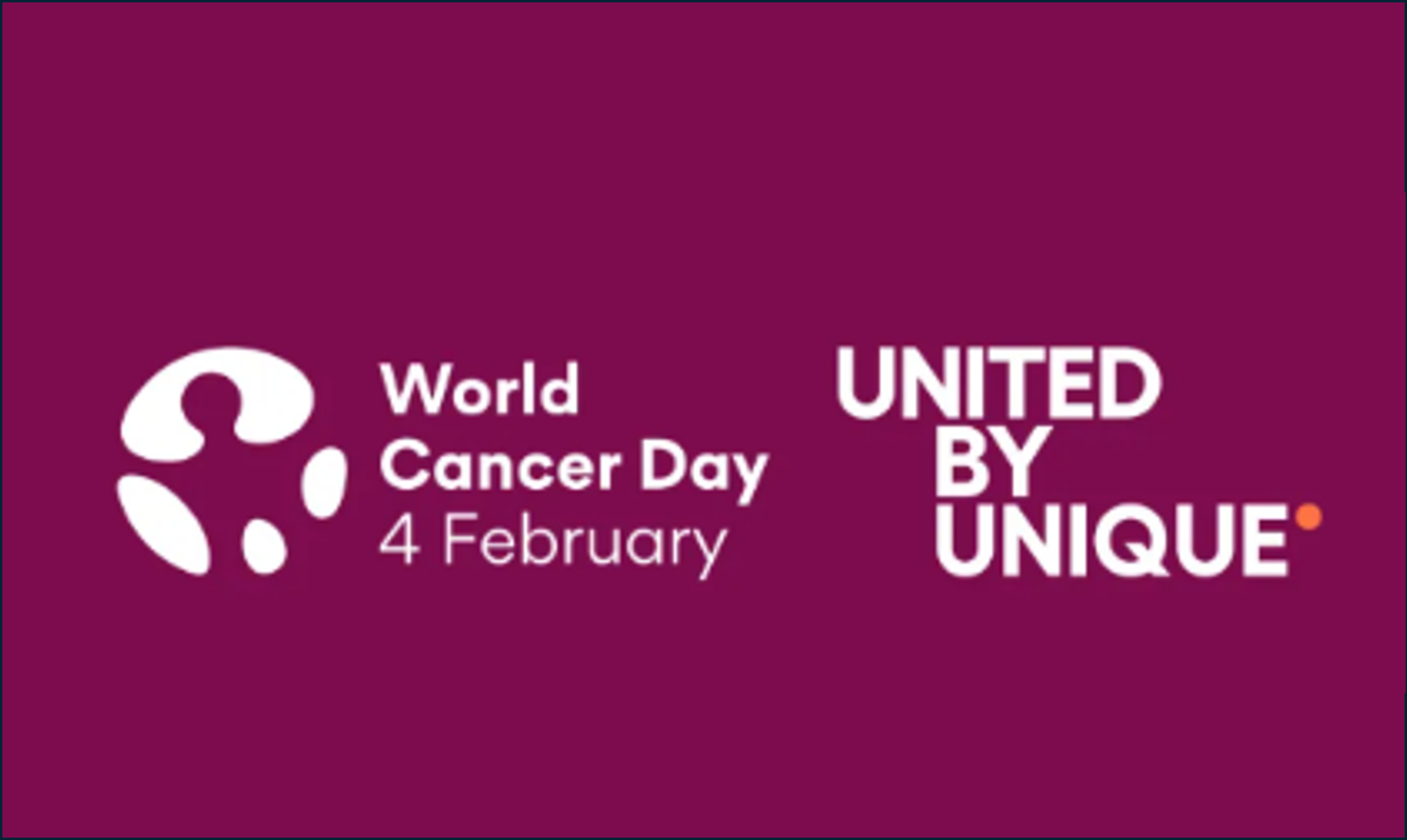
United by Unique: Ipsen’s Commitment to Transforming Cancer Care
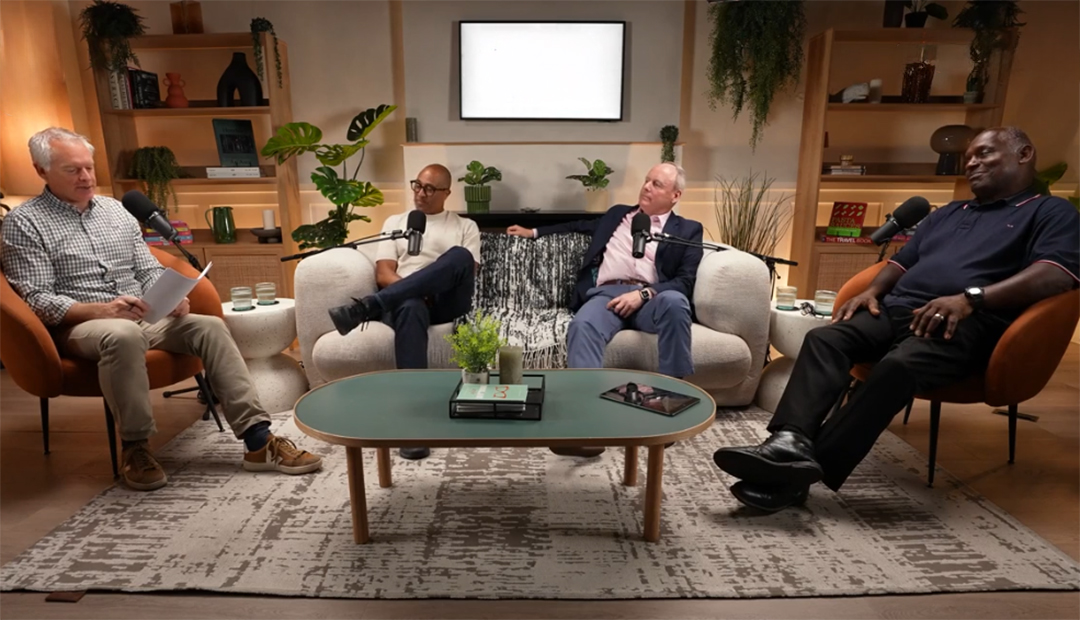
Get Men Talking: Ipsen Joins the Movember Movement for the Third Year
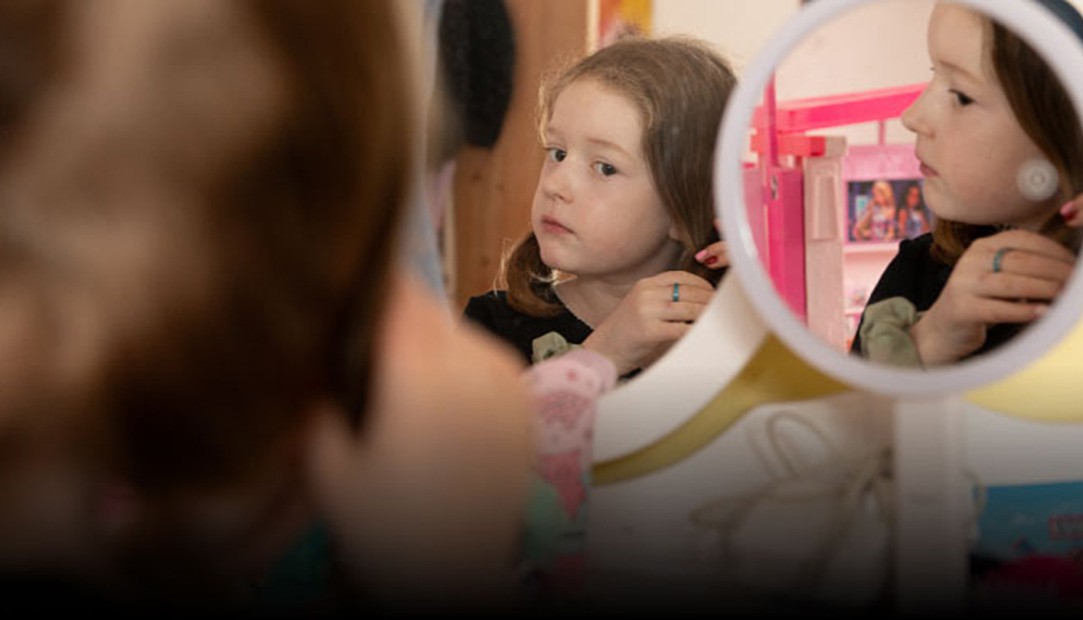
Lily May’s Story: Living With a Pediatric Low-Grade Glioma
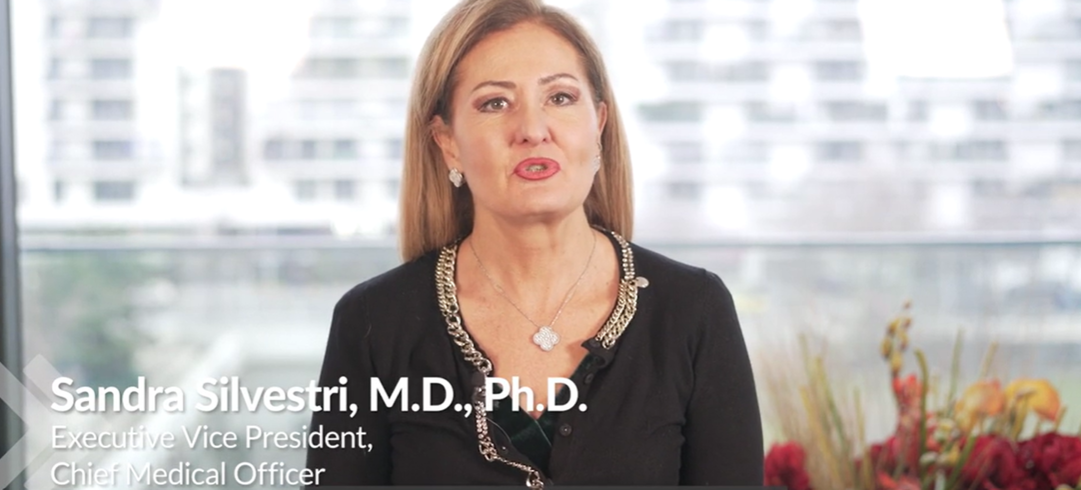
Driving continuous progress in cancer care

The ‘Get men talking’ podcast: breaking the silence around prostate cancer

Living with Neuroendocrine Cancer: Stephen’s story
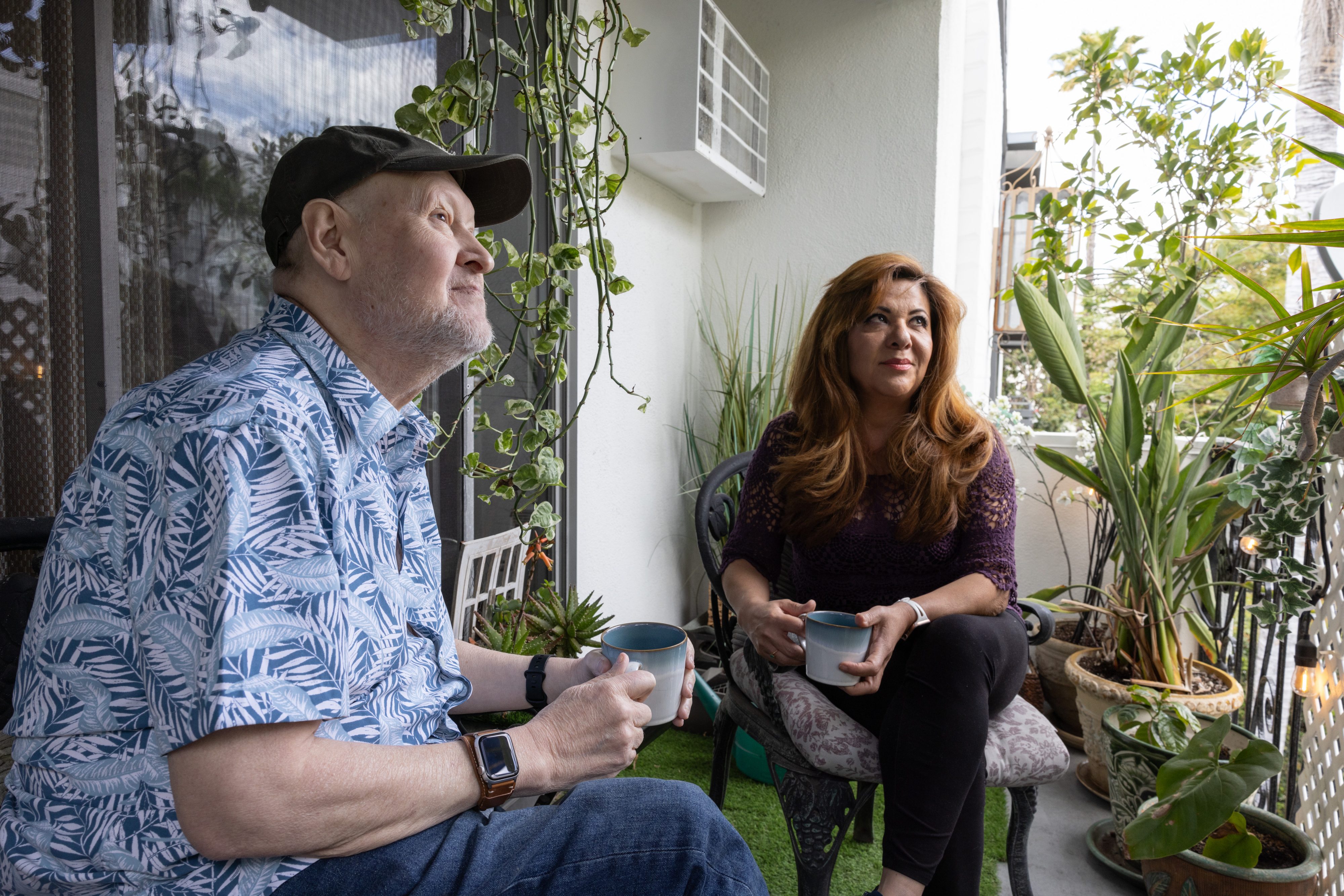
Caring for a Loved One with Metastatic Pancreatic Cancer: Nora’s Story

Ipsen’s mission to accelerate innovation in oncology
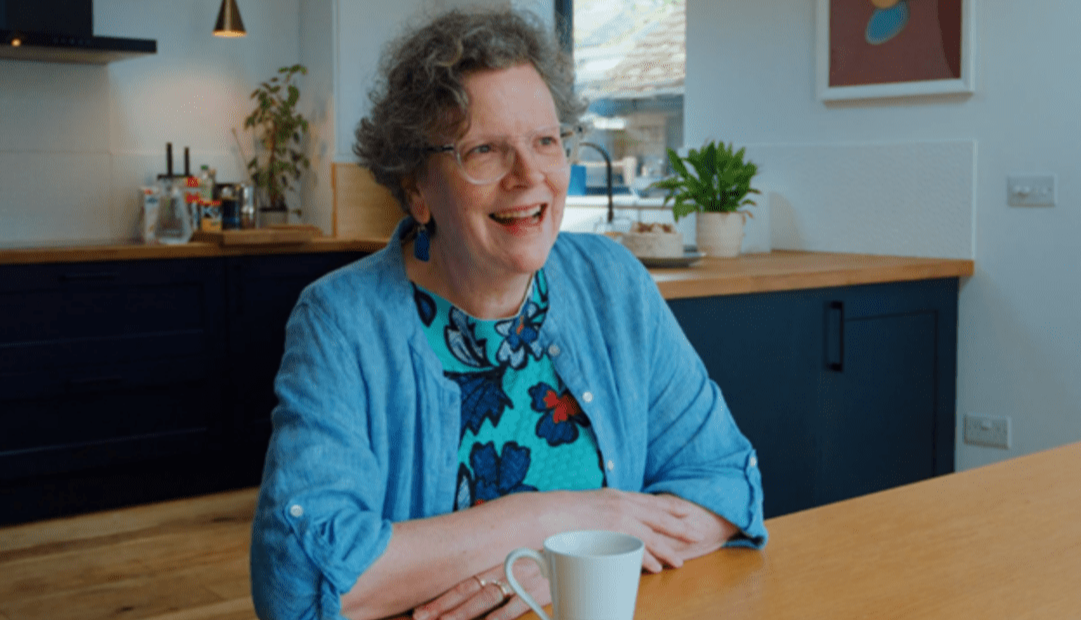
Debbie: Living Every Moment with Follicular Lymphoma

Co-creating recipe guides with the kidney cancer patient community to tackle undernutrition during treatment


